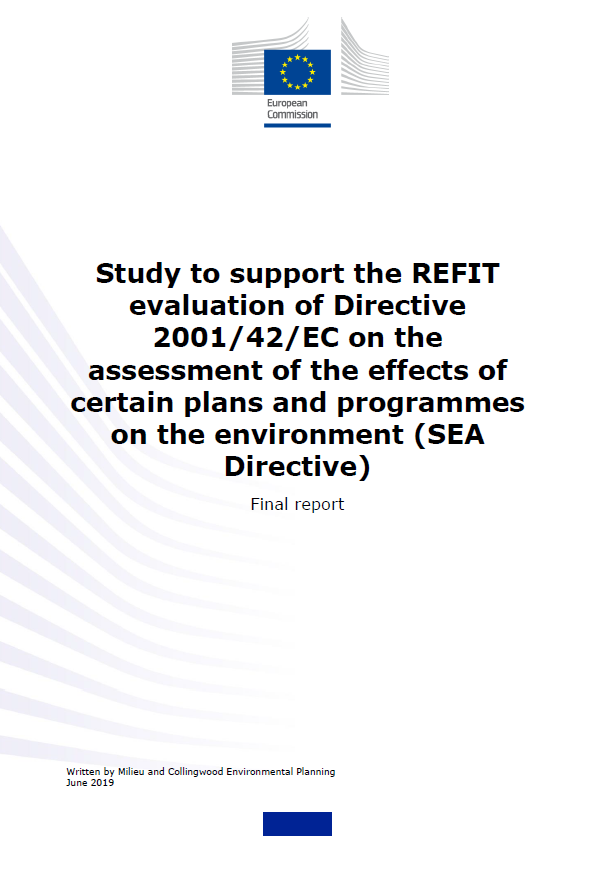Our Bright Future Programme mid-term evaluation report published
Our Bright Future Programme mid-term evaluation report published
CEP, with partners ERS, are undertaking the evaluation+ of the Our Bright Future Programme, which aims to empower young people to lead progressive change in their communities and local environment, through a portfolio of 31 projects across the UK, each with a duration of three to five years++.
As part of this evaluation the mid-term report has now been published. The report presents and evaluates evidence on what has been achieved since the beginning of the programme while promoting learning and supporting the ongoing delivery of the programme. The report is structured around four programme themes: outcomes for young people; outcomes for the environment and communities; outcomes for policy and practice; and, outcomes of the youth led and partnership approach.
Selected key findings include:
-
The programme has directly engaged 85,788 young people, which already far exceeds the programme’s overall target of 60,000 young people participating in Our Bright Future activities
-
Young people have gained a range of knowledge and new skills both specific to environmental topics, and more general soft and transferable skills
-
Projects have improved participants’ self-confidence, wellbeing and mental health
-
The Our Bright Future programme is supporting a wide range of terrestrial and marine habitats, through a variety of conservation tasks
-
A survey of 450 young people involved in the programme found that projects have increased participants’ awareness of environmental issues and improved their attitudes towards spending time in the natural environment
Owen White is CEP’s lead for this project, please contact him for more information.
+The evaluation aims to:
-
Test whether the Our Bright Future Programme has achieved its long term ambitions
-
Provide better evidence on how young people can improve their local environment
-
Test and evidence whether a partnership way of working that invests in human, social and natural capital, is an effective means by which to deliver greater impact
-
Identify good practice and ongoing improvements
++The Programme is supported by £33 million of funding from the Big Lottery Fund, and is managed by a consortium of eight organisations led by The Royal Society of Wildlife Trusts.













